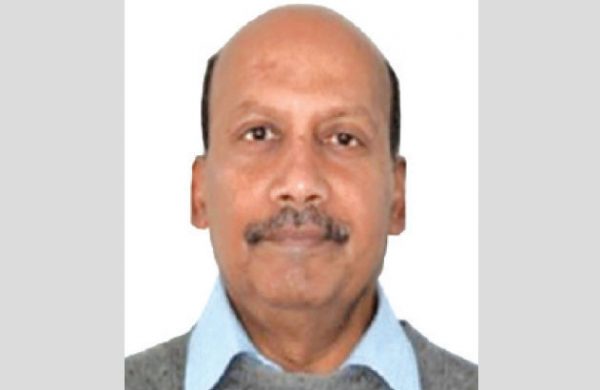Prices of Essentials Must Come Down More
- Update Time : Friday, October 25, 2024

—Taufiqur Rahman—
Past policies and corruption contributed to higher prices of everything including essential food. Syndicates and mafia-style practices made it impossible for businesses to lower prices. Local politicians and their unscrupulous supporters imposed revenue-sharing schemes with every known trader meant higher prices for common people. Even these corrupt people did not spare the rickshaw van fruit and vegetable sellers. Now, the challenging task for the interim government is to control corruption and syndicates to bring down prices. To add to the complication, we faced natural disasters including flood water from India which destroyed crops in several districts.
Inflation management is a complex task. We know people are not happy with inflation. The rate at which prices are rising is what is known as inflation. Recent price increases in eggs are a good example. Other essential commodity prices have also increased. The government has taken steps to import essentials and reduced import duties on sugar, edible oil, rice, and eggs. The administration has partnered with Fashol to open vegetable shops in several places to offer price relief. New initiatives such as Farm-to-Market scheme to supply eggs at lower prices have been introduced. These actions meant that price increases have slowed down, but it does not mean that prices are decreasing. Innovative interventions and tough actions are needed to streamline functionality of intermediaries and eliminate their role where they are not needed. Create more incentives for businesses for efficient distribution of commodities. Our poor people are suffering while the unscrupulous traders charge higher prices. Millions of poor people are in difficulties as food insecurity has increased.
More bold actions are needed. For example, temporary duty-free import of essentials from India and other Asian countries can be done to increase supply in the market, thus forcing more competitive pricing. And we know such bold actions will not be popular with market manipulators. However, supply and demand determine prices. Let us look at what India did recently to control prices of essentials. Indian government introduced price control centres, reduced import duty on critical raw materials, cut excise taxes on petrol and diesel, duty free import of sunflower oil, and increased subsidy for essentials for poorest of the poor people. None of them were popular with the business community but they did serve the poor people.
Government mandated price control is not the answer. Sri Lanka is a good example. Price control actions by Sri Lanka government led to shortage of eggs, tea, milk powder, etc. Price controls do not necessarily lead to lower prices, and they can have unintended consequences such as the emergence of illegal markets or complete shortages of goods. So, what is the solution? Instead of price controls, it is important to look at ways to reduce the costs of raw materials and inputs such as chicken feed prices, medicines for poultry, fertilisers for farmers, fuel & electricity prices, interests on loans for farmers and small businesses, etc. If input prices are high, production cost will be high, and the traders will charge higher prices to consumers. It is important to find innovative ways to increase the supply of commodities in the market, thus creating competition and allowing the market to set competitive prices. The Government can use its website to publish weekly prices of essentials for each major city, thus making it transparent for people and farmers. Social media can also be used to inform the public about prices and government actions. We should also look at long-term incentives for farmers and businesses to partner for more efficient production and distribution. Tax incentives can be provided to set up more cold storages, thus reducing wastage. Tax reductions can be provided to transport companies for moving essential food from storage or other places to markets. We can ask for ideas from the people as we know people have many promising ideas.
Temporary measures such as Trading Corporation of Bangladesh (TCB) selling edible oil, pulse, and rice at subsidized rates in Dhaka and Chattogram is purely temporary relief for part of the population while the rest of the country not covered by TCB continue to pay higher prices. Subsidy is expensive as the government is using its resources to subsidize the prices. I know this is a temporary measure and it should be discontinued after November 30, 2024.
The government has taken bold steps to increase interest rates. This is similar to what Sri Lanka and India did to curb inflation. However, the government can take another step. It can think of innovative ways to allow more money to reach banks so that crores of taka that are out there can find its way to national coffer. I know this is controversial, especially when we talk about black money, but something must be done to bring back thousands of crores sitting with people.
The government must announce tough actions against hoarding, illegal market selling, and market manipulation by intermediaries and syndicates. Syndicates should be outlawed immediately, and people should be encouraged to report incidences of price manipulation through a whistle blower system. Empower the public to monitor prices locally.
_____________________________________
The writer is an international development expert based in Maryland, USA. He can be reached at [email protected]



















